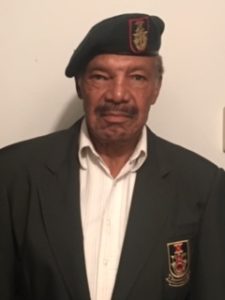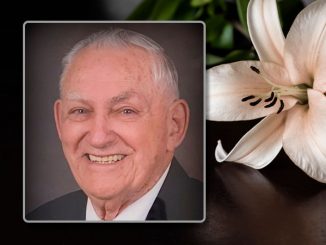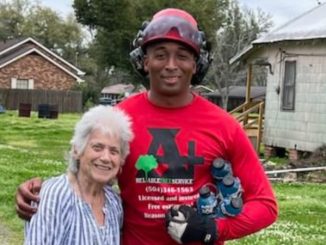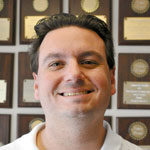
Faith was what guided Al Cutno through his darkest time.
The LaPlace man faced death while serving his country Vietnam as a member of the U.S. Army’s Green Beret Special Forces, spending a tour there each year spanning from 1963 to 1968. Thousands of American troops were killed in the conflict.
Cutno survived, and doesn’t take that as mere happenstance. He believes he was blessed to make it through, and today he answers his calling in multiple ways: among them through serving as a deacon at First Baptist Church in his hometown and through his Gideon International Group, which distributes Bibles in nursing homes, hotels, schools, jails and other institutions throughout the River Parishes.
Soldiers who answer the call to battle do so without the knowledge that they’ll ever be able to return home. For Cutno and his fellow troops, there were similarly no guarantees. The Green Berets were there as part of a mission to train and equip South Vietnamese locals to help aid that country’s cause. Those locals, primarily, were known as the Montagnards, or “people of the mountains.”

“When we got there, we were told we were not to fire unless we were fired upon,” Cutno said. “Special Forces were to train and equip locals and work with them … when we got there, there was little hostile activity because people in the south were fighting against a corrupt government. But that had nothing to do with North Vietnam at the time.”
There were 200 to 250 Montagnards in each camp, Cutno estimated. Special Forces provided training and medical needs for the people. But when South Vietnam was overrun, many of the Montagnards did not want to join the South Vietnamese Army.
“When that happened, these people did not want to go into the South Vietnamese army, so they disappeared back into the mountains. We estimated about 50,000 of those people were working with Special Forces at one time or another. That force just disappeared. Of course, North Vietnam just flooded the area and came right on in, and took over everything.”
Cutno still has a note in his possession from the war – a secret message someone in his camp had sent to a higher commander.
“It said, ‘The South Vietnamese cannot be depended upon in time of warfare. They will run.’ And that’s exactly what they did. They ran. They left everything.’”
Equipment that was sent to Vietnam by the U.S. for the conflict was abandoned when that happened, ultimately falling into the hands of the North Vietnamese upon takeover, Cutno said. The North Vietnamese Tet Offensive made its move in 1968, and the body count in the region was immense. Cutno’s camp was surrounded, but ultimately spared – though not without some close calls. He himself came under fire from distant enemies when he emerged to operate a generator in the region.
His call to the Special Forces came while he was in basic training for the Army in South Carolina.
“He told me they were establishing a group unlike anything the U.S. has ever done before. The Allied Forces had special operations during World War II, but the U.S. had never organized a force to do those things,” Cutno said. “I told him I’d join and after I finished up there, I moved on to my first special forces training group.”
Cutno specialized in communications and became versed in Morse code. When he became a junior communications operator, his work wasn’t done – were anything to happen to the senior communications operator, he would have to step up, so he had to learn everything the senior operator was responsible for as well.
“So here I was, a person with one mosquito wing, next to a person with five stripes,” Cutno said with a chuckle. “It worked out well, though.”
Today, he’s a member of VFW Post 3337 and remains very active in his community. He tries to set a positive example and inspire others when he can, and one way he does that is through speaking to young people in the region. During a visit to John L. Ory school in LaPlace as part of the Louisiana Ambassadors program, his message to the students was simple: no matter what hand life deals you, know you can overcome.
“Wherever you come from, don’t let that determine where you go in life,” Cutno said. “Don’t say, ‘I came from the projects, so I can’t achieve.’ Do your best, because it’s not about where you start, but where you’re going.”





Be the first to comment